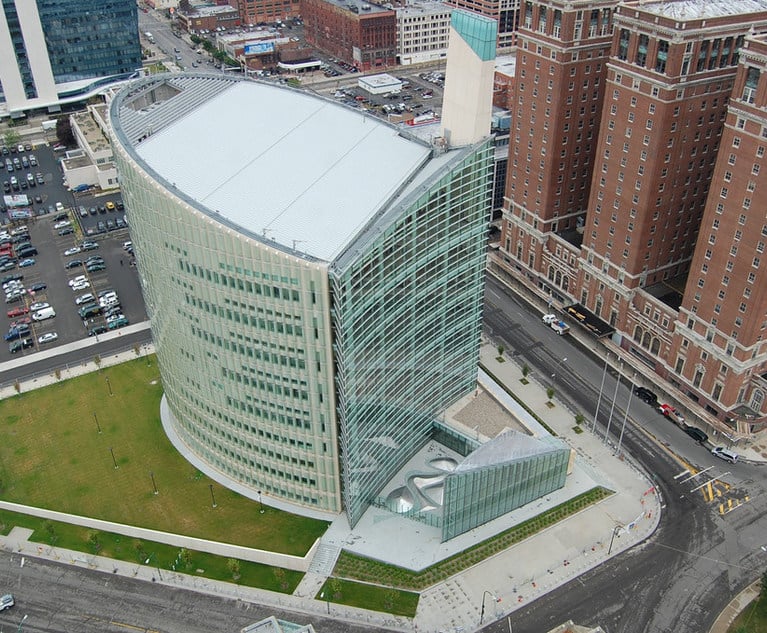In the wake of the financial crisis of 2008, federal white-collar criminal enforcement came under fire. Much of the criticism was directed at prosecutors who were seen as going too easy on large financial institutions, and a principal target of critics was the corporate Deferred Prosecution Agreement (DPA). Under a DPA, the government files criminal charges, the company agrees to remediate wrongdoing (through financial payments and internal reforms), and the charges are ultimately dismissed.
In a little noticed provision of the National Defense Authorization Act (NDAA), Congress recently signaled heightened interest in the use of DPAs (and non-prosecution agreements, or NPAs) as an enforcement tool. The NDAA, a January 2021 law that appropriated funds for the armed forces, included separate pieces of legislation aimed at enhancing anti-money laundering enforcement. Included in this mix was a little-noted provision that requires the Department of Justice (DOJ) to report to Congress on the use of DPAs and NPAs in Bank Secrecy Act (BSA) prosecutions every year for the next five years, with the first report due Jan. 1, 2022. The provision indicates a clear recognition of the importance of DPAs and NPAs in BSA and other white-collar enforcement—and a clear interest in being able to review DOJ decision-making.


 Elkan Abramowitz and Jonathan Sack
Elkan Abramowitz and Jonathan Sack




